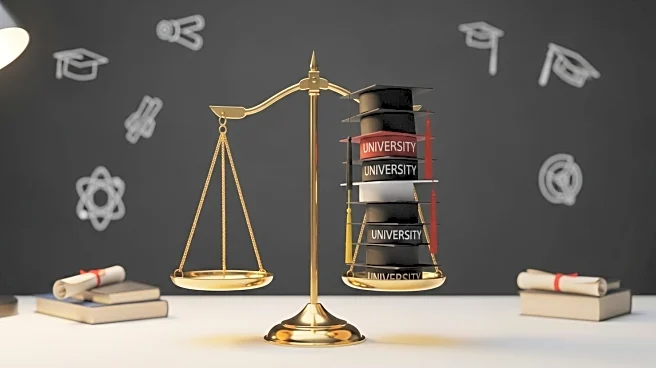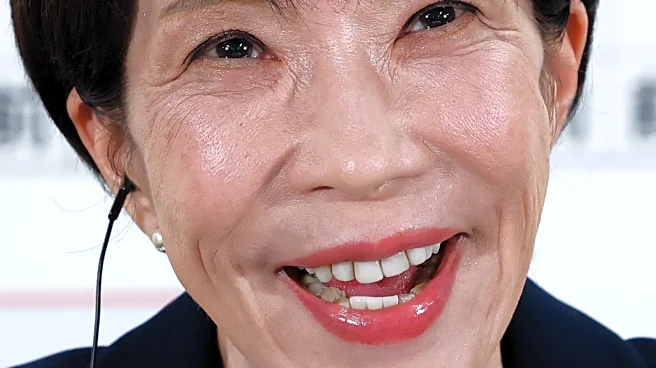What's Happening?
A new report from Diversity Council Australia highlights persistent class bias in hiring practices, with 58% of employers favoring candidates from elite universities. This preference persists despite little evidence that graduates from prestigious institutions
perform better in the workplace. The report suggests that such biases contribute to systemic disadvantages for individuals from class-marginalized backgrounds, who are less likely to attend elite universities.
Why It's Important?
The findings underscore the need for more inclusive hiring practices that recognize diverse talents beyond educational pedigree. Class bias in employment can perpetuate inequality and limit opportunities for capable individuals from less privileged backgrounds. Addressing these biases is crucial for fostering a more equitable workforce and ensuring that talent is not overlooked due to socioeconomic factors.
What's Next?
Organizations may need to reassess their hiring criteria and implement strategies to mitigate class bias. This could involve diversifying recruitment channels and emphasizing skills and experience over educational background. The report may also prompt broader discussions on workplace diversity and inclusion, encouraging companies to adopt more equitable practices.
Beyond the Headlines
The report challenges the notion of meritocracy in the workplace, revealing how social class can influence career trajectories. It calls for a reevaluation of how success is defined and measured, advocating for a more holistic approach to talent recognition that values diverse experiences and perspectives.

















